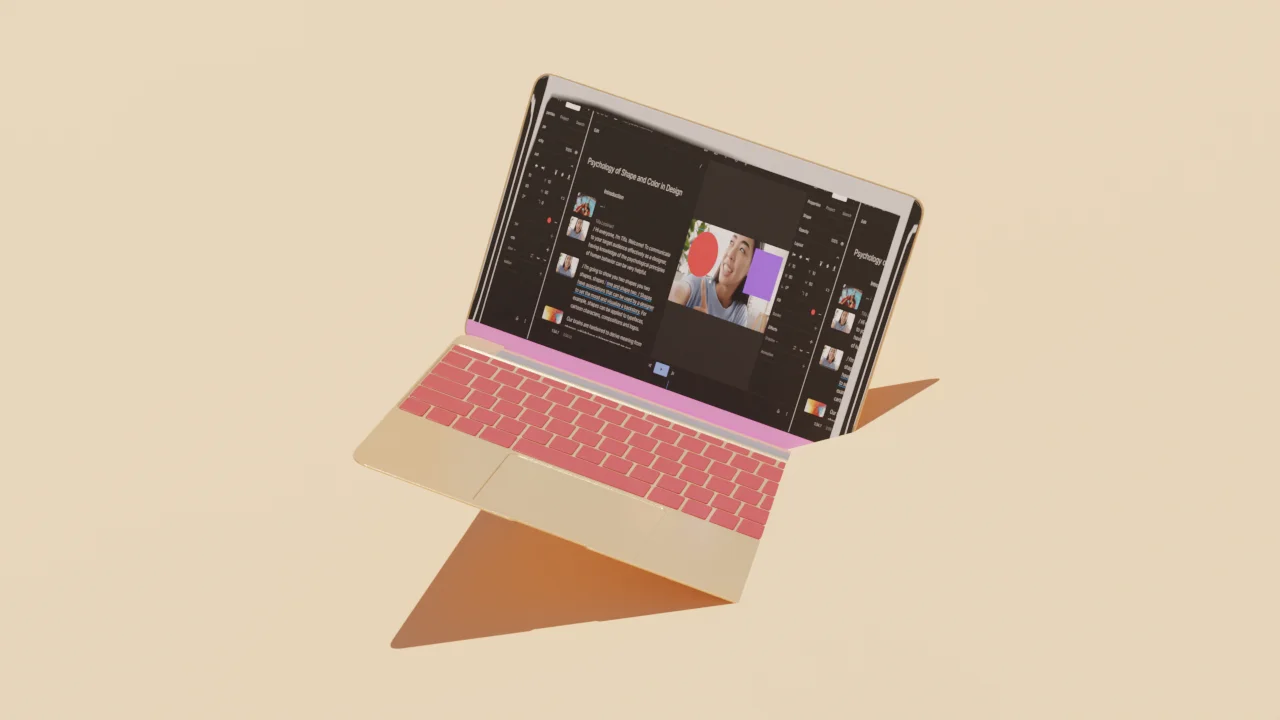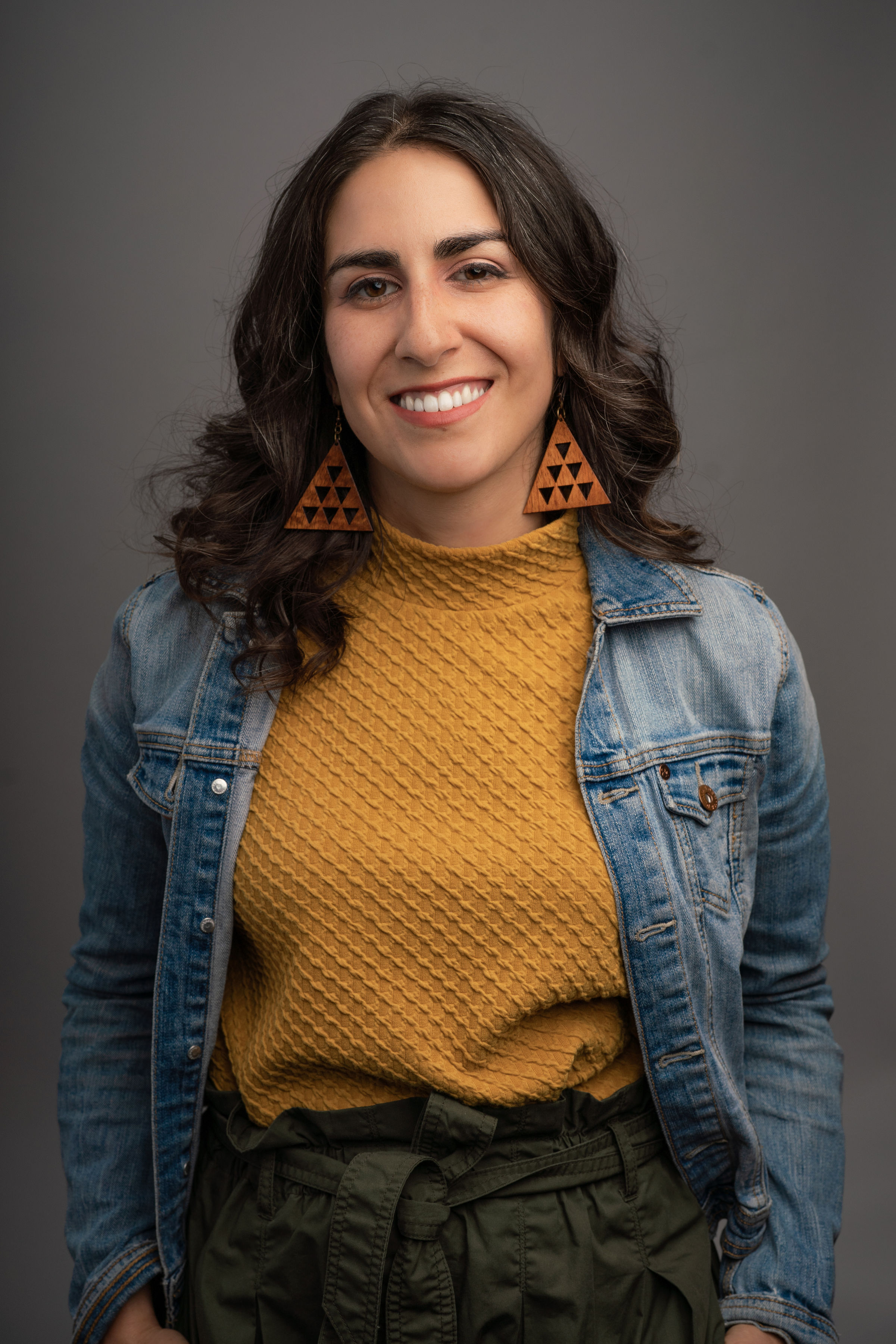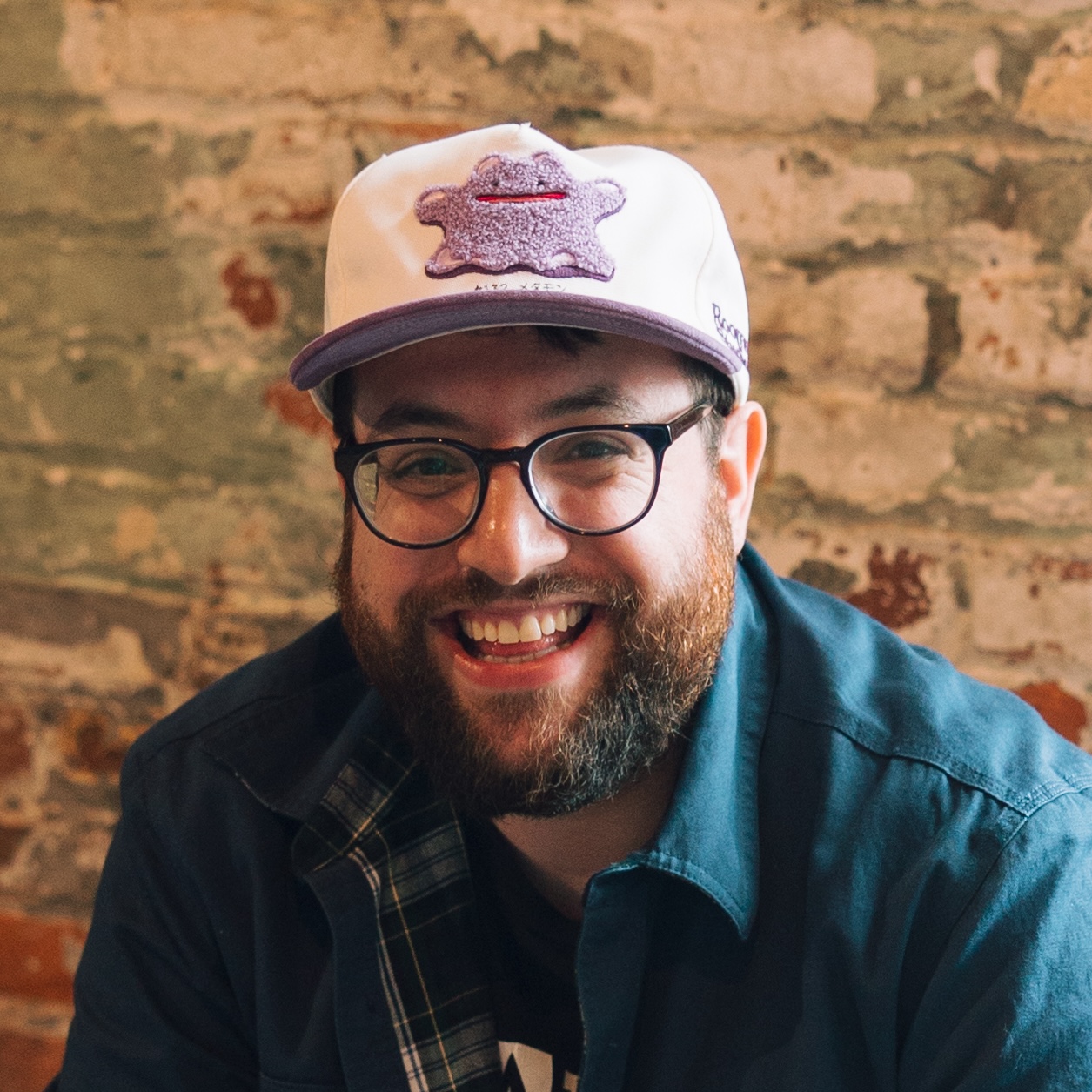Conducting good interviews is one of the core competencies of the craft of podcasting. The bulk of podcasts are interview shows, and in many the interview is the show. Those podcasters succeed or fail based on their ability to conduct revealing, interesting interviews that are either informative or entertaining or both.
So no matter what your topic, asking great podcast interview questions is the key to getting great answers.
Getting all that information in an organic, conversational way requires thoughtful questions, deliberate preparation, and an approachable interview style. It also, like every part of any craft, takes work.
“Interviewing isn't a skill that can be learned overnight,” says Sam Chlebowski, Head of Growth at Castos and the host of the company's Audience podcast. “So my top piece of advice is understanding that it's going to take some practice.”
But while you’re going to have some trial and error, you can at least go in with some understanding of how to be prepared for a podcast interview. Here are three tips.
Step 1: Think it through
Before you start writing a list of questions, look at the big picture: What’s your goal for the interview? What value do you want your podcast audience to get from it? You might be mining for something useful to them, or something that provokes debate or strong feelings. You definitely want to give them something they’ve never heard anywhere else
Next, do your research. Who is this person, how did they get to where they are, and what could your audience learn from them? Spend at least a few hours diving into whatever you can find out about them online.
If they have a wikipedia page, read it — including all the footnotes at the bottom, and the articles they link to. If not, read whatever you can find. Review other media appearances — partly to get more context, but mainly so you know what questions they’ve already answered elsewhere, and steer clear of them.
Check their social media too. Their posts can reveal points-of-view you may want to dig into. And social posts can tell what’s happened recently — if they just won an award, had a baby, or won an award for having babies. You can ask them about it or just use it as an icebreaker.
Understanding their background and their point of view — and how those things relate to your podcast topic — will help you evoke visceral reactions and detailed responses. Asking them questions they’ve never heard before will make it more engaging for them — and give your audience a reason to keep listening.
Step 2: Draft the questions
What makes a great question? It gets a great answer. That sounds obvious but it’s critical to remember. Because if you’re feeling nervous or insecure you could be tempted to write questions that make you sound smart. You must resist that impulse; no matter how good a question sounds coming out of your mouth, if it doesn’t elicit something interesting, it’s a fail.
So the first thing is to be clear on what kind of responses you want. Are you asking your guest for their opinion, or for facts and data? Do you want their response to be emotional or more intellectual, rooted in research and knowledge? Is the goal to elicit a specific answer or is it to lead to an open-ended conversation to follow? The way you phrase your question will directly influence how your guest answers.
Example podcast questions
For example, let’s say you’re hosting a podcast that talks about politics. Here’s how you could ask a few questions to address these different angles:
On political predictions:
- To ask for the subject’s opinion, you’d ask, “What state produces the best apples?”
- To ask for facts and data, you could say, “Can you tell us about this year’s rainfall and temperature patterns, and how they’ll impact this fall’s apples?”
- For an emotional response, you might ask, “What was the moment you first knew you wanted to study apples?”
- For a specific answer, ask a question they can answer in two sentences: “What’s the difference between a Honeycrisp and a Macintosh?”
- For an open-ended conversation starter, the less you talk, the more they will. Lead with something like, “How will apples change in our lifetimes?”
Finally, here’s a pro tip. Find an important moment in your guest’s life or career. Something controversial, a turning point, a mistake or failure. Quickly set up the event you’re referencing, then ask a simple question: “What happened?”
It’s a great way to elicit stories — the very best way to engage an audience — and it gives your guest the chance to tell those stories their way. I’ve also found it’s incredibly useful for putting people at ease.
Step 3: Prepare your interview subject
Prior to the conversation itself, have a detailed discussion with your interviewee to make sure you’re on the same page. Ensure they’re familiar with your podcast audience, subject matter, and format, as well as the tone it strikes, so that there are no surprises and everyone knows what to expect.
Some interviewers like to send the list of questions in advance so their subject can think them through and have answers ready; others prefer an element of surprise. There’s no right way — it’s about what feels comfortable for both parties. If you’re unsure the best way to proceed, asking them is a great idea. Chances are, your subject will have an opinion one way or another. (Keep in mind that if you do send the questions in advance, you should let them know that they are thought starters and the conversation may deviate as it flows naturally. This is imperative, so your conversation doesn’t sound scripted.)
Step 4: The interview: bring it all together
Once you’ve drafted questions, it’s time to turn steps 1-3 into a cohesive interview. There’s an art to this, and it’s all about flow, cadence, and structure. Sam Chlebowski’s topline advice? Listen to your guest and go with the flow. He says: “Beyond asking good questions, the most important element for a podcast interview is listening intently to the answers, encouraging a guest to talk more about a topic instead of immediately responding, and weaving in personal experiences and opinions to your responses.”
Keep these tips in mind as you go:
- Think about the structure. Just like in writing a book, it’s important to have a beginning, a middle, and an end to the interview. Start broad and work your way into the real heart of the issue; round it out by looking towards the future, perhaps, or summarizing what the subject has shared.
- Take your time. You want to give yourself choices in editing, so the interview should go much longer than your usual episode. You should also encourage your guest to start over if they don’t like the way they said something — but pause for a few seconds, which will make life easier when you’re editing.
- Treat it like a conversation, not a Q&A. It’s important to have some flexibility, no matter how much effort you’ve put into crafting these questions. Follow the flow of the conversation and don’t stick too strictly to your plan.
- Dig deeper with follow-up questions. When something piques your interest, push further. Questions like, “What do you mean by that?” “What were you thinking at that moment?” and “Tell me more about that,” all serve to encourage your subject to open up, go beyond the surface, and get to the good stuff.
- Circle back to topics that don’t feel settled. If the answer you got the first time around doesn’t feel fulfilling, try asking the question in a different way; you never know what will strike a chord with your subject and ignite a whole new conversation.
There’s no correct way to handle a podcast interview; rather, it’s about knowing yourself and your style, understanding your podcast audience’s needs and wants, and having clear expectations from the guest on your podcast. Preparation, specificity, and clarity are the best tools for success.
Descript is a fully powered podcast production engine that lets you produce, edit, mix, master, and export without leaving the app. Check it out.






















%20(1).JPG)










